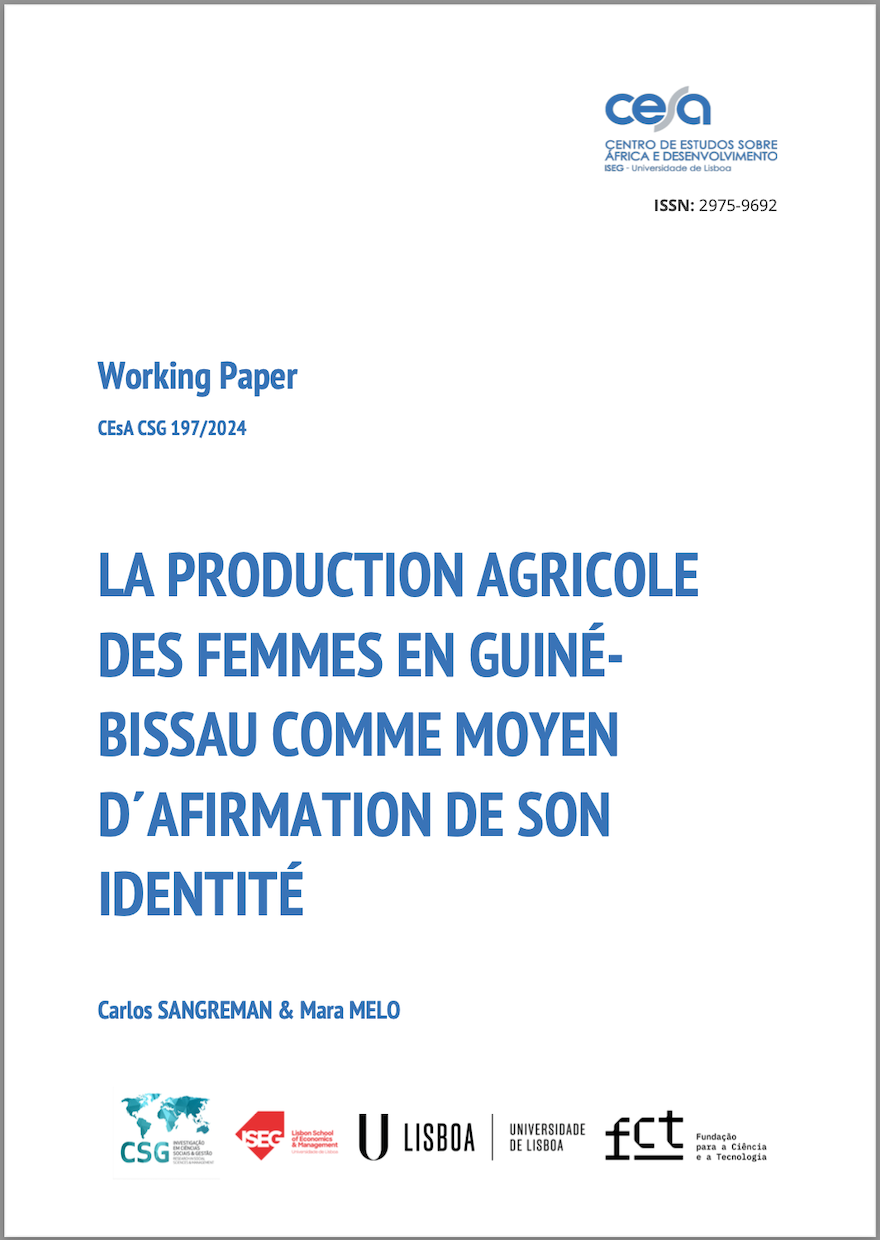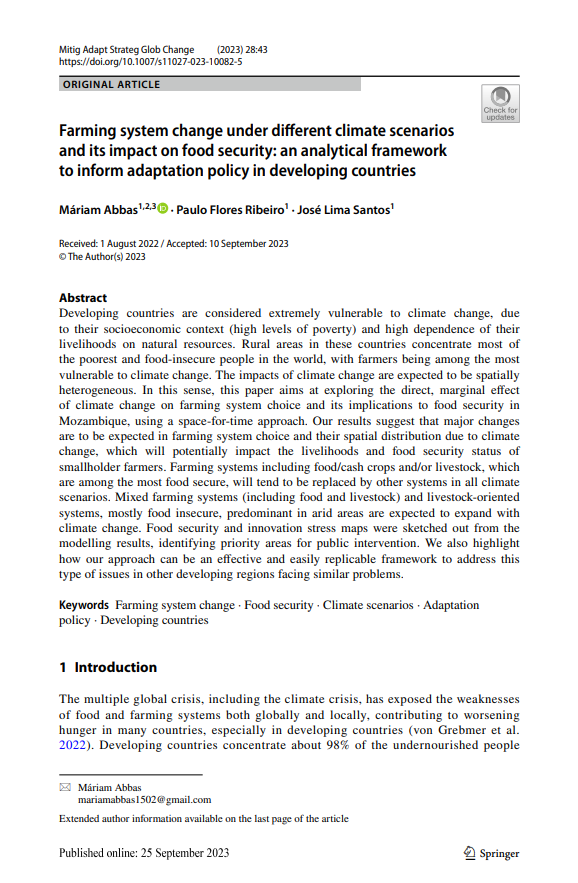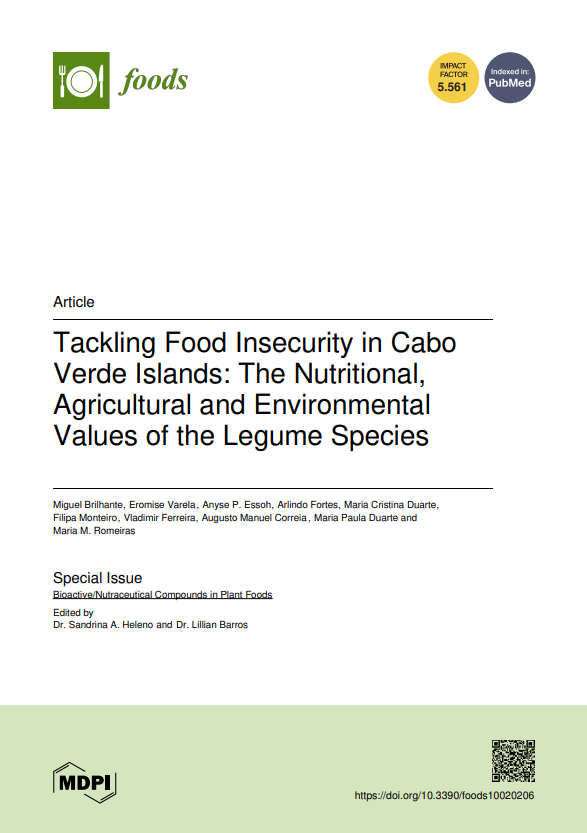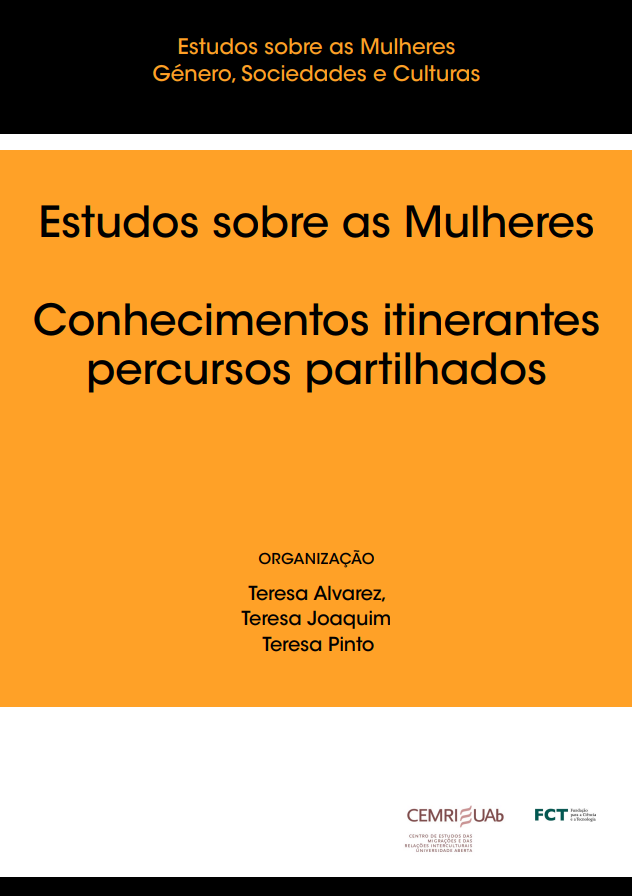Food Security

Working Paper 197/2024: La Production Agricole des Femmes en Guiné-Bissau comme Moyen d´Afirmation de son Identité
Abstract:
This working paper is an intermediate product of the study done for Swiss Cooperation in Guinea-Bissau, written in French without any point in Portuguese. What we demonstrate, as well as the principles of restitution and appropriation by the persons or institutions that access to respond to surveys or interviews, are words that do not translate into concrete actions for this Cooperation. The data were obtained by surveys and interviews in the regions of Bissau, Biombo, Bafatá, and Oio, with the producers (which also include a limited number of male producers) of leguminous agricultural products, in a sample of 160 people chosen at random. At the option of the promoter, the study focused on the marketing of products and not on production. To better understand the results, it must be said that this business model is not very profitable, but it is an activity that gives a greater independence of women in relation to men in the family space, since decisions about the use of profits belong to the producers. It also has a potential environment of action for the affirmation of the social (and not just family) identity of women that should not be despised although, as far as we can see, this is expressed for now only in the organization of associations of producers.
Cite this Working Paper:
Sangreman, C. e Melo, M. (2024). “La Production Agricole Des Femmes En Guiné-Bissau Comme Moyen D´Afirmation De Son Identité”. Instituto Superior de Economia e Gestão – CEsA/CGS – Documentos de trabalho nº 197/2024

Farming System Change Under Different Climate Scenarios and its Impact on Food Security: an analytical framework to inform adaptation policy in developing countries
Abstract:
Developing countries are considered extremely vulnerable to climate change, due to their socioeconomic context (high levels of poverty) and high dependence of their livelihoods on natural resources. Rural areas in these countries concentrate most of the poorest and food-insecure people in the world, with farmers being among the most vulnerable to climate change. The impacts of climate change are expected to be spatially heterogeneous. In this sense, this paper aims at exploring the direct, marginal effect of climate change on farming system choice and its implications to food security in Mozambique, using a space-for-time approach. Our results suggest that major changes are to be expected in farming system choice and their spatial distribution due to climate change, which will potentially impact the livelihoods and food security status of smallholder farmers. Farming systems including food/cash crops and/or livestock, which are among the most food secure, will tend to be replaced by other systems in all climate scenarios. Mixed farming systems (including food and livestock) and livestock-oriented systems, mostly food insecure, predominant in arid areas are expected to expand with climate change. Food security and innovation stress maps were sketched out from the modelling results, identifying priority areas for public intervention. We also highlight how our approach can be an effective and easily replicable framework to address this type of issues in other developing regions facing similar problems.
Quotation:
Abbas, M., Ribeiro, P.F. & Santos, J.L. Farming System Change Under Different Climate Scenarios and its Impact on Food Security: an analytical framework to inform adaptation policy in developing countries. Mitig Adapt Strateg Glob Change 28, 43 (2023). https://doi.org/10.1007/s11027-023-10082-5

Tackling Food Insecurity in Cabo Verde Islands: The Nutritional, Agricultural and Environmental Values of the Legume Species
Abstract:
Legume species are important food sources to reduce hunger and deal with malnutrition; they also play a crucial role in sustainable agriculture in the tropical dry islands of Cabo Verde. To improve the knowledge of the heritage of plant genetic resources in this Middle Income Country, Tackling food insecurity in Cabo Verde Islands: the nutritional, agricultural and environmental values of the legume species had three main goals: (i) to provide a checklist of food legumes; (ii) to investigate which species are traded in local markets and, based on field surveys, to compare species for their chemical, phenolic, antioxidant, and nutritional composition; and (iii) to discuss the agronomic value and contribution to food security in this archipelago. Our results revealed that 15 species are used as food and 5 of them are locally traded (Cajanus cajan, Lablab purpureus, Phaseolus lunatus, Phaseolus vulgaris, and Vigna unguiculata). The role of these species as sources of important minerals, antioxidants, and nutritional components for food security is highlighted, and the native ones (Lablab purpureus and Vigna unguiculata) stand-out as particularly well-adapted to the climate of these islands, which are already experiencing the adverse effects of climate change. We conclude that the sustainable use of these genetic resources can contribute to the reduction of hunger and poverty, thus meeting some challenges of the Sustainable Development Goals.
Quotation:
Brilhante, M., Varela, E., Essoh, A.P, Fortes, A., Maria Cristina Duarte, M.C., Monteiro, F., Ferreira, V., Correia, A. M., Duarte, M.P; Romeiras, M. M (2021). Tackling food insecurity in Cabo Verde Islands: the nutritional, agricultural and environmental values of the legume species. Nutrients, 13. MDPI. Pag. 17. https://www.mdpi.com/2304-8158/10/2/206

Contributo para uma leitura sobre práticas de cooperação para o desenvolvimento. O Projeto PAIPA implementado na Guiné-Bissau.
Abstract:
Contributo para uma leitura sobre práticas de cooperação para o desenvolvimento. O Projeto PAIPA implementado na Guiné-Bissau refers to an evaluation work of the Project to Support the Intensification of Food Production (PAIPA), a development cooperation project in the field of agriculture, included under the scope of Portuguese cooperation with Guinea-Bissau. The main objective was to construct an Evaluation focused on the intervention methodology designed for the implementation of the project, analysing the pathways, actions and resources mobilized to achieve the central objective of promoting the transition from traditional family-based agriculture in Guinea-Bissau to cash crop agriculture. The project documentation was analysed, interviews were conducted in Portugal and Guinea-Bissau with technicians and cooperation agents, local informants and PAIPA beneficiaries in the regions where the intervention took place. PAIPA was considered a successful project because it is based on respect for local specificities and is committed to the involvement of the target populations.
Quotation:
Frias, Sónia, (2019), “Contributo para uma leitura sobre práticas de cooperação para o desenvolvimento. O Projeto PAIPA implementado na Guiné-Bissau” in Alvarez, Teresa, Teresa Joaquim e Teresa Pinto (org.) Estudos sobre as Mulheres – conhecimentos itinerantes, percursos partilhados, Estudos sobre as Mulheres 1. Lisboa. CEMRI/UAberta. ISBN 978-972-674-863-2.





